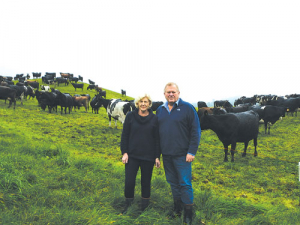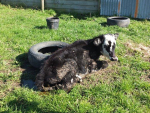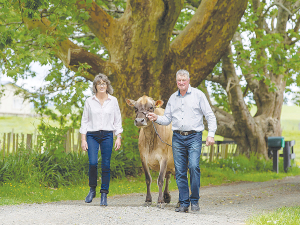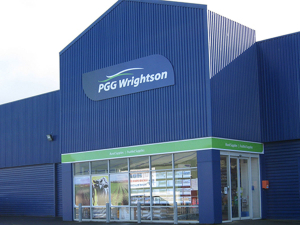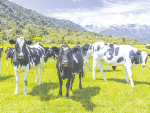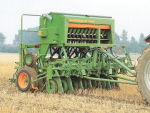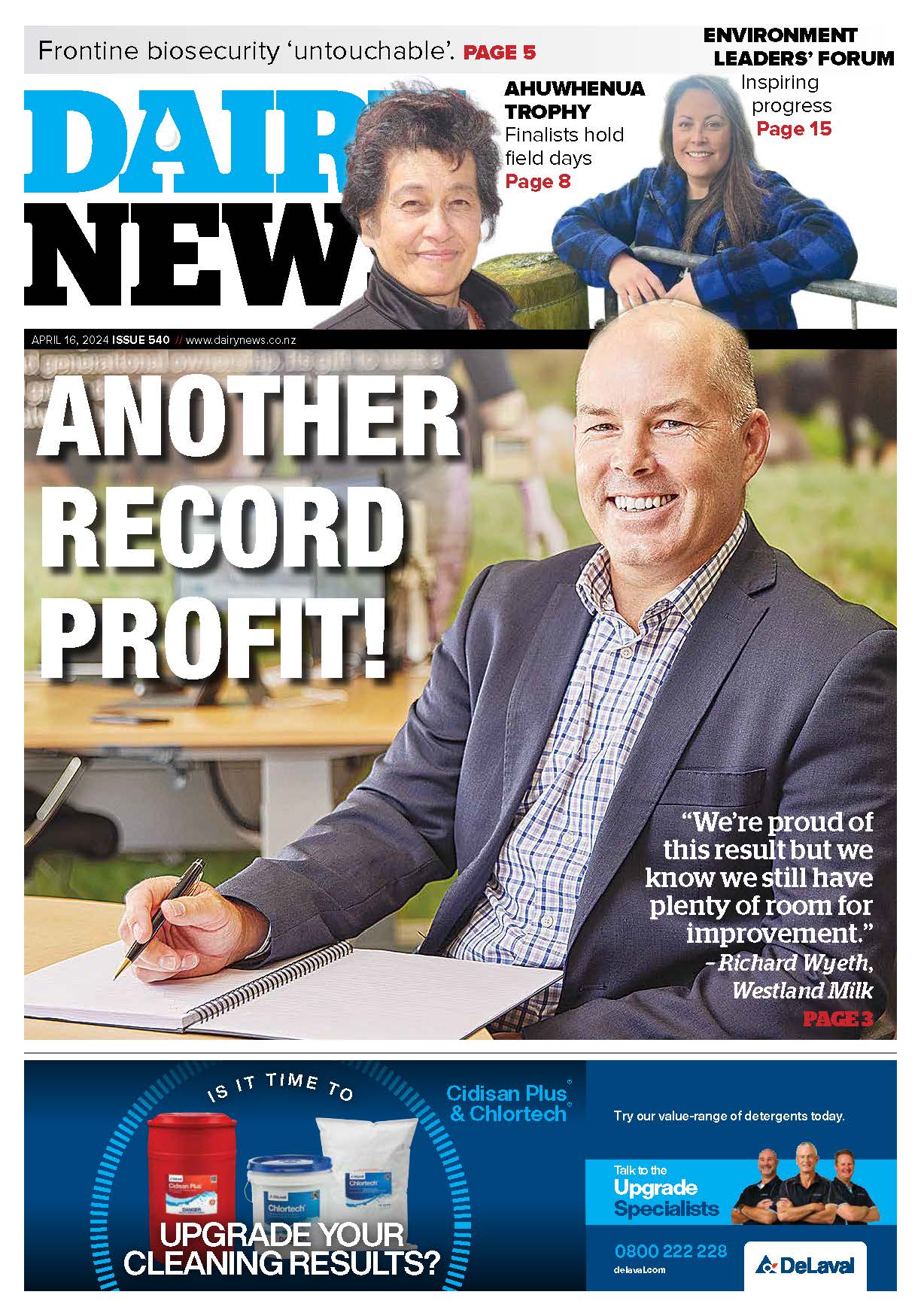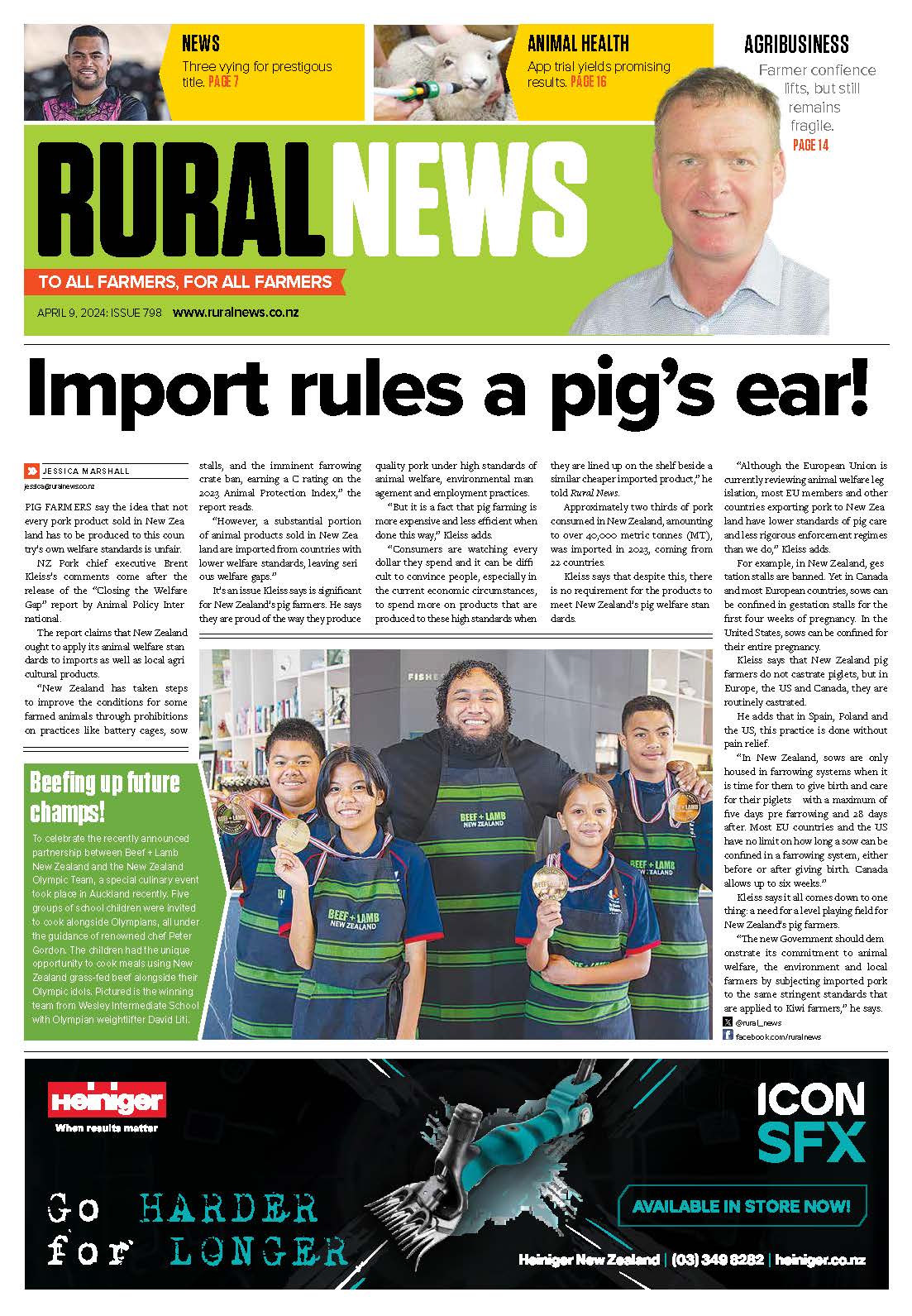Speaking about ‘Cost control in a large scale dairy business’, he told the South Island Dairy Event (SIDE) in Christchurch how their farms profit above average from a pasture first, low feed input philosophy.
Armer and his wife Dale own 15 large scale farms in the North Island, milking 12,000 cows and budgeting to produce 3.7 million kgMS. They are also the sole remaining founding shareholders of Dairy Holdings Ltd, with 59 dairy farms in the South Island.
Dairy Holdings is a separately-run company owned by the Armers and two other prominent farming families. It is run by a board of five- two independents including the chairman and a representative from each shareholding family.
Dairy Holdings chief executive Colin Glass also spoke at the SIDE.
Armer told Dairy News that pasture is the “first, second and third option” on all their farms. “We resist having a whole lot of feed coming into the business and the expense attached to that and its associated costs; those things have given us above average profit levels and we’ve been able to grow our business.”
He acknowledges that the industry uses a lot of supplementary feed but it incurs two costs.
First is the “hidden cost” of pasture substitution, the second is associated costs -- machinery, equipment and labour.
Armer says housing farm staff adds to costs, and depreciation is a big issue. “As an industry we tend to forget some of these costs,” he says.
Armers’ farms and Dairy Holdings feed out a little palm kernel expeller, some silage in the North Island and winter crops kale, swede and fodder beet in the South Island.
Colin and Dale joined the industry as sharemilkers about 30 years ago, starting with 140 cows and zero capital -- a norm for “young broke farmers,” he says.
The industry was a fraction of it present size and getting a farm was as tough as it is today, he says. Not all sharemilkers got to own those farms and “the challenges facing the people at the time were just as great as now”.
A guiding principle for the Armers and Dairy Holdings has been paying their staff fair wages and giving them opportunity to grow.
While the sharemilker route to farm ownership is shrinking, Armer believes disciplined sharemilkers still end up owning farms.
“We’ve had a wonderful succession of people who have come to work for us and ended up buying their own farms through the normal sharemilking route.
“Even this year we have had three farms purchased by sharemilkers; if they are motivated it is still possible.
“As an industry we have to evolve our sharemilkng contracts but the opportunity still exists; we have sharemilkers and it’s still profitable for us and them if they have the right discipline.”
The Armers have full confidence in the dairy industry; they bought a farm two years ago and Dairy Holdings is converting a farm in the South Island this year.
Colin Armer says farmers need to make “disciplined investment”.
“Don’t buy a farm just for the sake of buying it; you must be able to drive good EBIT (earnings before interest and tax) out of a block and it must make sense to all stakeholders.”
Dairy Holdings Ltd
- Founded in 2001 by Colin Armer, the late Alan Hubbard and other investors
- Changed in 2012 to shareholding by three farming families; Armers own 37% along with fellow shareholders JD & RD Wallace Ltd, and Murray and Margaret Turley
- Board headed by independent chairman Greg Gent
- 59 dairy farms covering 14,330ha
- 54 farms supply Fonterra and five farms supply Westland Dairy
- Milking 49,000 cows: 35,748 are owned by the company, the balance of production comes from sharemilkers and contract milkers
- Directors’ responsibilities are to the company, not necessarily to the shareholders.





